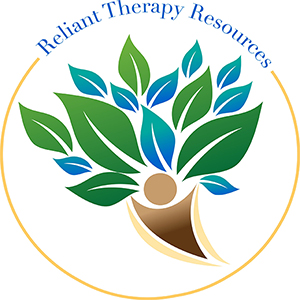Navigating the Baby Boomer Boom: The Growing Need for Recreational Therapy

In recent years, the world has witnessed a significant demographic shift as the baby boomer generation, born between 1946 and 1964, has begun to reach retirement age in large numbers. This demographic phenomenon presents both challenges and opportunities across various sectors, including healthcare and recreation. As this demographic cohort ages, there is a growing recognition of the importance of recreational therapy in enhancing the quality of life for older adults. In this article, we will dive into the implications of the baby boomer boom and the increasing demand for recreational therapy.
The Baby Boomer Boom
The baby boomer generation, characterized by its sheer size and cultural influence, has always played a significant role in shaping societal trends. Now, as this group ages, its impact on healthcare systems and services is becoming increasingly evident. According to the U.S. Census Bureau, by 2030, all baby boomers (approximately 73 million) will be older than 65, comprising 21% of the population. This demographic shift has far-reaching implications for healthcare providers, policymakers, and society as a whole.
The Importance of Recreational Therapy
Recreational therapy (therapeutic recreation) is a systematic process that utilizes recreational activities to address the physical, cognitive, emotional, and social needs of individuals with various health conditions or disabilities. While often associated with younger populations, recreational therapy holds immense potential for improving the well-being of older adults, including baby boomers.
Addressing Physical Health
As individuals age, maintaining physical health and mobility becomes increasingly challenging. Recreational therapy offers tailored programs and activities designed to promote physical fitness, improve motor skills, and prevent or manage chronic conditions such as arthritis, diabetes, and cardiovascular diseases. From swimming and yoga to adaptive sports and gardening, these activities not only enhance physical well-being but also foster a sense of accomplishment and empowerment.
Enhancing Cognitive Function
Cognitive decline is a common concern among older adults, with conditions such as Alzheimer’s disease and dementia posing significant challenges to independence and quality of life. Recreational therapy interventions, such as brain games, creative arts activities, and music therapy, have been shown to stimulate cognitive function, improve memory retention, and delay the onset or progression of cognitive impairment. Moreover, engaging in mentally stimulating activities can boost mood and reduce feelings of isolation or depression.
Promoting Emotional and Social Well-being
Loneliness and social isolation are prevalent among older adults, especially as they transition into retirement and experience changes in their social networks. Recreational therapy offers opportunities for socialization, peer support, and meaningful connections through group activities, community outings, and intergenerational programs. By fostering a sense of belonging and camaraderie, these experiences promote emotional resilience and mental wellness among baby boomers.
Meeting the Growing Demand
As the baby boomer population ages, the demand for recreational therapy services is expected to surge. Healthcare providers, assisted living facilities, senior centers, and community organizations must proactively invest in recreational therapy programs and trained professionals to meet this growing need. Additionally, policymakers should recognize the value of recreational therapy in promoting healthy aging and advocate for its integration into healthcare systems and long-term care settings.
Conclusion
The rise of the baby boomer generation presents a unique opportunity to redefine aging and prioritize the well-being of older adults. Recreational therapy emerges as a vital tool in this endeavor, offering holistic interventions that address the physical, cognitive, emotional, and social needs of older individuals. By embracing recreational therapy and expanding access to its benefits, we can empower baby boomers to age with dignity, vitality, and joy, ensuring their golden years are truly golden.
